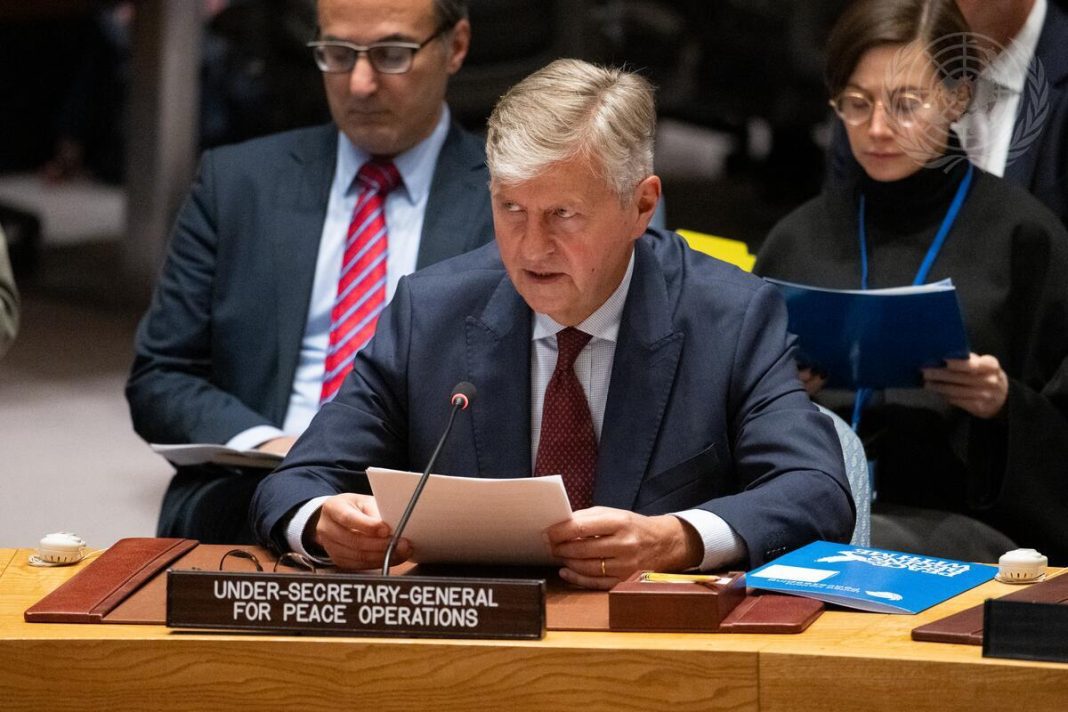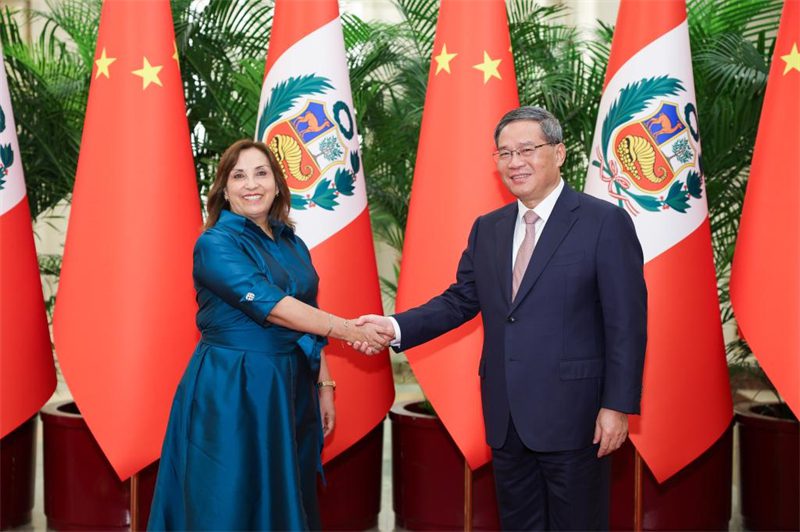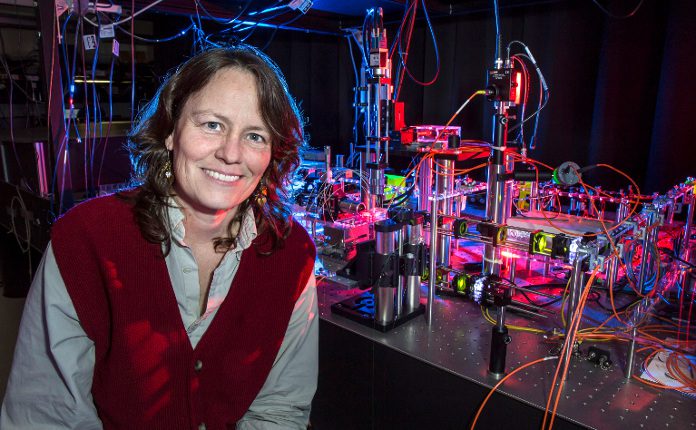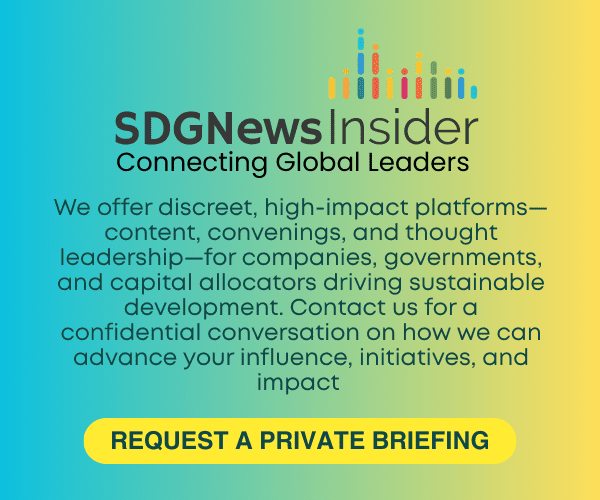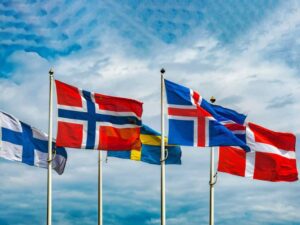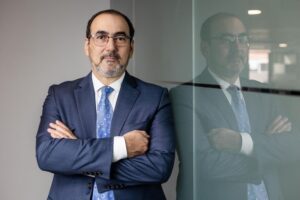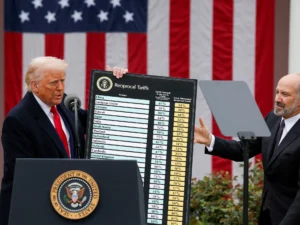Key Impact Points:
- Environmental Criticism: Starbucks’ new CEO, Brian Niccol, is under fire for commuting 1,000 miles by private jet between his California home and Seattle, despite the company’s commitment to sustainability.
- Green Goals at Risk: Starbucks has pledged to reduce its carbon emissions by 50% by 2030, but Niccol’s use of a private jet raises questions about the company’s dedication to these goals.
- CEO Compensation Debate: Niccol’s lucrative compensation package, including a $1.6 million base salary and potential earnings of up to $113 million, has sparked further controversy amid the environmental backlash.
Why it matters
Starbucks is positioning itself as a leader in sustainability, aiming to cut its carbon emissions in half by 2030. However, the decision to allow incoming CEO Brian Niccol to commute via private jet has drawn criticism from environmental activists, raising concerns about the company’s commitment to its green initiatives.
Key Details
- Environmental Concerns Over Private Jet Use:
Starbucks revealed that Brian Niccol, its new CEO, will be commuting from his Newport Beach, California home to Seattle via a corporate jet. The company defended this decision, stating that Niccol’s primary office would be in Seattle, where he would spend most of his time, but that he would be allowed to use the jet for both business-related and personal travel, up to $250,000 annually.
“These jets are a stark symbol of social and climate injustice,” said Clara Thompson, a Greenpeace climate activist. “It is unjustifiable for companies to offer private jets as perks amid the accelerating climate crisis.”
Private jets emit disproportionately high levels of carbon dioxide. For example, a single hour of flight can emit 2 metric tons of CO2—about a quarter of the average European citizen’s annual emissions.
- Conflict with Starbucks’ Sustainability Goals:
Starbucks committed to reducing its carbon footprint by 50% by 2030, with a long-term vision of becoming “resource-positive.” Yet, the private jet perk for Niccol contradicts this goal, especially as jet travel accounts for more than 2% of global energy-related emissions. Critics have pointed out the discrepancy between Starbucks’ public environmental commitments and its executives’ actions. This has led to backlash online, with users questioning whether the company can genuinely claim to be a leader in sustainability while offering environmentally damaging perks to its top executives.
“Don’t preach about sustainability,” quipped a user on X (formerly Twitter), in response to reports about Niccol’s private jet usage.
- CEO Pay and Corporate Governance Under Scrutiny:
Beyond the environmental concerns, Niccol’s compensation package has also attracted attention. He stands to earn at least $113 million, including a $1.6 million base salary, a $10 million signing bonus, and millions more tied to company performance. This raises questions about the alignment of corporate governance and environmental responsibility. Critics argue that while Starbucks urges customers and employees to adopt sustainable practices, its leadership appears to be operating under a different set of rules.
“A leader needs to be at the heart of a business, not sitting on the beach enjoying the perks of the job,” said Dan Coatsworth, an investment analyst.
What they’re saying
“We’re confident in [Niccol’s] ability to serve as the leader of our global business and brand, delivering long-term, enduring value for our partners, customers, and shareholders,” Starbucks said in a statement defending its decision to offer Niccol a private jet for his commute.
Bottom Line
Starbucks faces growing criticism over its decision to offer Brian Niccol a private jet for his commute, a move that seems at odds with the company’s sustainability pledges. As the company seeks to balance executive perks with its green commitments, it risks alienating environmentally conscious consumers and employees alike.
Related Article: What’s Cooking? Food Giants Serve Up Support for the UN Sustainable Development Goals (UN SDGs)

 Follow SDG News on LinkedIn
Follow SDG News on LinkedIn

